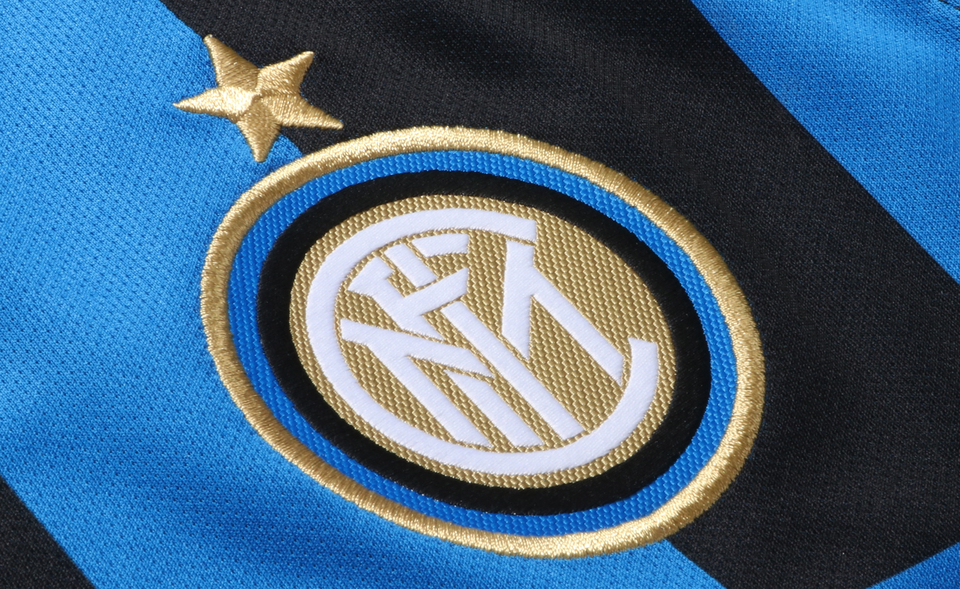Inter have released a detailed report concerning the club’s financial situation as part of a financial statement posted on the club’s official homepage.
The Nerazzurri stated that the club may need to sell players in order to finance new signings due to negative cash flow at the club following the COVID-19 pandemic.
“In addition, one of Inter’s primary liquidity needs stems from the payment of transfer fees for the acquisition of players’ registrations. Transfer windows for acquiring and disposing of players occur in January and the summer. During these periods, Inter may require additional cash to meet its acquisition needs for new players and it may generate additional cash through the sale of existing players.
“However, the asset value represented by its current roster may be negatively impacted by the prolonged impact of COVID-19 which, in turn, may increase Inter’s liquidity requirements to fund the payment of transfer fees. Moreover, Inter’s cash flow may be negatively impacted by the potential return of players on temporary loan in the event these loans are not also extended until the end of the extended 2019/2020 season.
“This, together with the absence of matchday revenue positively affecting its overall working capital, could require Inter to sell existing players which, in turn, could further adversely impact its results of operations, financial condition and cash flow.”
Inter have stated that match day revenues are up by close to €10 million, despite the fact Inter lost out on home games due to the global Coronavirus crisis.
“Although Inter did not recognize matchday revenue for the matches not played, Inter’s matchday revenue increased by €9.0 million to €48.8 million for the nine months ended March 31, 2020 from €39.7 million for the nine months ended March 31, 2019, mainly driven by an increase in both stadium attendance and average selling price and has been achieved notwithstanding the negative impact from the deferral of 4 home matches originally expected to be played in the three months ended March 31, 2020 (three in Serie A and one in UEFA Europa League). The impact of such deferral has contributed to an estimated reduction in Inter’s matchday ticket revenue.”
The club then proceed to provide an update when it comes to the club’s operating costs, which have increase compared to last year.
“Inter’s total operating costs for the nine months ended March 31, 2020 increased by €73.0 million to €335.7 million from €262.6 million for the nine months ended March 31, 2019 mainly due to a €26.6 million increase in personnel costs for playing staff resulting from an increase in player wages, due to the purchase of high-profile players.
“Inter uses its cash on hand to pay operating expenses, staff costs, interest payments and other liabilities as they become due and Inter’s sources of liquidity have historically been the shareholder loans and other distributions by its subsidiary Inter Media, including through upstream loans and dividends.”
Next the Nerazzurri revealed that the club’s net financial position has decreased with a big reason in this being shareholder loans being converted into equity.
“As of March 31, 2020, Inter group’s consolidated net financial position decreased by €69.8 million or 15.1% to €391.6 million from €461.4 million of March 31, 2019.
“The decrease was primarily due to the conversion into equity of shareholder loans for an amount equal to €100 million and a decrease of €4.7 million in the principal outstanding amount of the senior secured notes issued on December 21, 2017 (through a mandatory amortisation payment). As of March 31, 2020, €138.9 million was outstanding in respect of the shareholder loans.”
Inter then proceeded to add that club owners Suning have waived a loan repayment so that the amount due could be allocated to the club’s cash reserves.
“Notwithstanding Suning’s renewed commitment to support the Group by waiving the repayment of a portion of the shareholder loan then outstanding for an amount of €10 million so that the corresponding amount could be allocated to capital reserve on or about June 22, 2020.”
To conclude, the club have revealed that the unconsolidated financial position and the uncertainty with regard to how long this will be the case could well have an impact on how things run at various levels.
“Inter’s equity position at an unconsolidated level may become negative starting from the new fiscal year commencing July 1, 2020 as a result of losses accumulated during the fiscal year ended June 30, 2020.
“Such negative equity position may persist as a result of the applicability of an emergency decree recently enacted which allows companies to temporary waive their minimum capital requirements until December 31, 2020.
“We are not able to foresee how long Inter’s financial position at a non-consolidated level will remain negative and any future disruption resulting from the COVID-19 pandemic may negatively impact its ability to return to a positive equity position, which, in turn, may have a material adverse effect on our business, results of operations, financial condition and cash flow.”





